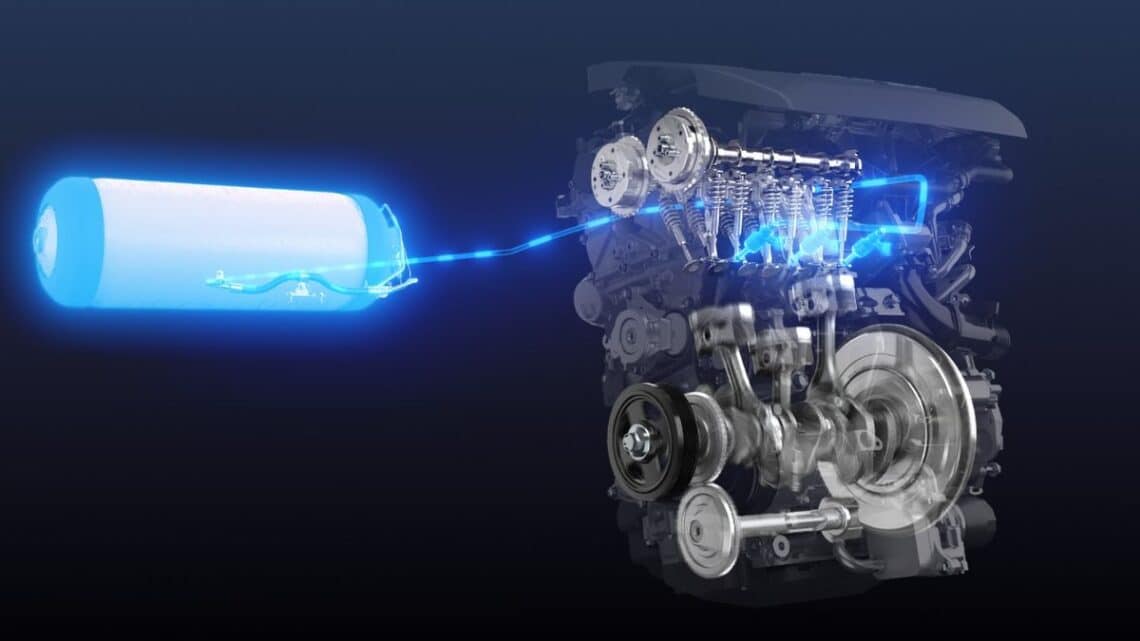This is, of course, yet another wonder rising from the automotive industry for one to fathom, though what AVL, an engineering company based in Austria, is coming out with seems clearly out of science fiction. They have been working on a 2.0-liter hydrogen engine that operates cleaner, and not only that—using water as its operation medium. Yes, you heard it right, water. This would have appeared somewhat supernatural until recently.
So, how does this work?
This engine burns hydrogen itself—which means a major step ahead for greener transportation for the elimination of harmful carbon dioxide (CO₂). Not only that, but there are major challenges facing hydrogen engines that can produce a pollutant that is really tough to control, nitrogen oxides (NOx). Here is where AVL uses a great trick.
Its very essence is the use of water in the combustion chamber. This goes a long way in significantly reducing the temperatures during combustion and hence, the minimized formation of NOx. It just looks like bending the rules of thermodynamics and somehow making them work for them.
And here’s the pick of the lot: this engine is absolutely clean but still lets you enjoy the feel of the conventional internal combustion engine—all the drive-screaming roar that car buffs love classic motors for is preserved.
How does this differ from fuel cells?
Until now, most hydrogen-powered cars relied on fuel cells, generating electricity for electric motors. The catch? As fuel cells, they are efficient but fail to deliver the kind of drive experience most enthusiasts crave. AVL’s new engine rewrites the playbook, marrying sustainability with the performance and “personality” of a traditional engine.
What is more, and this is the really important part, it is by far the cheaper option. Fuel cells are built expensive and cost yet much to maintain. This one wants to strike a striking balance between efficiency and economic feasibility, which would certainly make it suitable for a wider range of applications.
One of the problems in using hydrogen in combustion engines is that, generally, less power will be generated compared to fossil fuels. AVL addressed this problem with the development of its innovative water-injection system, which provided an engine that produces an astonishing 320 horsepower. This is the perfect boon for daily automobiles and motorsport, where the need for power is paramount.
What does this promise for the future of transportation?
If this technology gains wide acceptance, it may change our notion of engines. Sustainability and power would no longer have to be colossals in a user choice. It might also serve as a viable alternative to electric vehicles in parts of the industry where EVs are ill-suited, such as heavy haulage or racing.
Questions remain, of course, as with any new technology: What will hydrogen’s availability be like? How rugged will this system stand up to punishment in extreme conditions? But one thing is clear—AVL has truly set a new standard, and one would not be shocked if other companies went scrambling to catch up.






